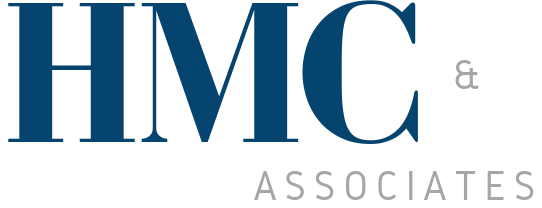Intellectual Property
Intellectual property (IP) is the legal definition used to encompass inventions and artistic works, including ideas. Anything that’s practical on a commercial level can be considered IP. This includes copyrights, patents and trademarks. In many ways, IP is legally handled the same way other material products are. There are four main types of IP litigation: copyright law, patent law, trademark law and trade secret law. People often mistakenly assume that IP includes any thought that passes through their mind. However, in order to have a case for IP theft or infringement, the idea needs to be commercially viable in some...
Design Patent FAQ´s: IP Attorney Howard M. Cohn Helps Inventors Protect Product Features, Rights
How an invention looks can be as important as what it does. Over the past few decades, the plethora of content that falls under “Intellectual Property” has radically changed and developed. What hasn´t changed is that inventors and innovators still require protection for their designs, ideas, brands, and products. Patent attorneys like Howard M. Cohn, who have been in the IP area of law for 30 years or more, have experienced every aspect of the preparation and prosecution of provisional and non-provisional patents, trademarks and service marks, patent infringement matters, licensing patented inventions, licensing negotiations, and copyright matters. Getting the...
Why You Should Copyright Your Software and Online Applications
Copyright law is the most important legal protection available to software publishers. Here's why. One of the best ways for software authors to protect their work is to register it with the U.S. Copyright Office. Registration is easy and cheap. For the significant benefits copyright provides, it's one of the great insurance deals of all time. You don't have to register your work to get copyright protection — the instant your software becomes fixed in a tangible medium, you own the copyright. That means that no one may copy, distribute, display, or make adaptations of the work without your permission. However,...
Challenges To Enforceable Patents
There hasn’t been a reform to United States patent law as considerable as the American Invests Act (AIA) since 1952. One of the AIA’s most noteworthy components is the recent Inter Parte Review (IPR) procedure. The IPR procedure allows any enforceable patent to be challenged. Even more surprising is that patents issued before the implementation of the AIA can be challenged as well. On September 16, 2012, the brand new IPR procedure will replace the Inter Partes Reexamination procedure that’s currently in play. Similar to the Inter Partes Reexamination procedure, IPR will allow people to challenge a patent’s validity...
Dangers of Innovative Trade Secrets & Design Concepts – Protection by Patent Attorney Howard M. Cohn
Are you protecting the innovative secrets that set you apart from the competition? Ideas, industry trade secrets, and innovative design concepts are some of the most important factors that determine the future earnings of a company. They certainly are the elements that set a company apart from their competition. So it should come as a huge surprise that a recent survey found that two out of every three executives felt that they were failing to recognize or protect the soft assets of company ideas, secrets, intellectual property, and design concepts. Why are so many companies failing to protect themselves and solidify...
COPYRIGHTS AND SOCIAL MEDIA
An important fact to know is that if you post photographs or articles that you find on the internet on your website, Facebook or Linked-in page, you are violating copyright laws. To begin, let’s understand that a copyright is an original work of authorship that’s fixed in any tangible medium. So if someone takes a photograph or writes an article, it is automatically copyrighted, even if it has not been registered with the copyright office. If in fact the copyrighted material has been registered within two months of its publication or before you use it, the owner of the copyright is...
Changes to Implement Micro Entity Status for Paying Patents
The United States Patent and Trademark Office (USPTO), part of the United States Commerce Department, has published a Federal Register titled Changes to Implement Micro Entity Status for Paying Patent Fees. The goal of this register is to put into effect the micro entity provision that’s part of the Leahy-Smith America Invents Act (AIA). According to the AIA, an applicant who’s considered a micro entity can qualify to pay patent fees that have been reduced by up to 75%. This discount applies to the patent fees for filing, searching, examining, issuing, appealing and maintaing a patent. The reduced fee...
Software and Intellectual Property
Despite the protestations of some, software is patentable in in the United States. There are some jurisdictions that do not allow for the patenting of software or computer implemented processes, but the law in the United States allows for software to be patented. Given the software patents are my business, one of the questions I typically receive from an inventor is: What software can be patented? How does one know that what they have is something that can be protected? The short answer is this: In my experience those who come to me before they start coding always have something...

